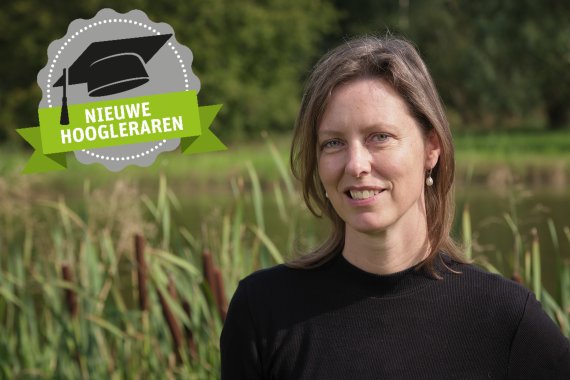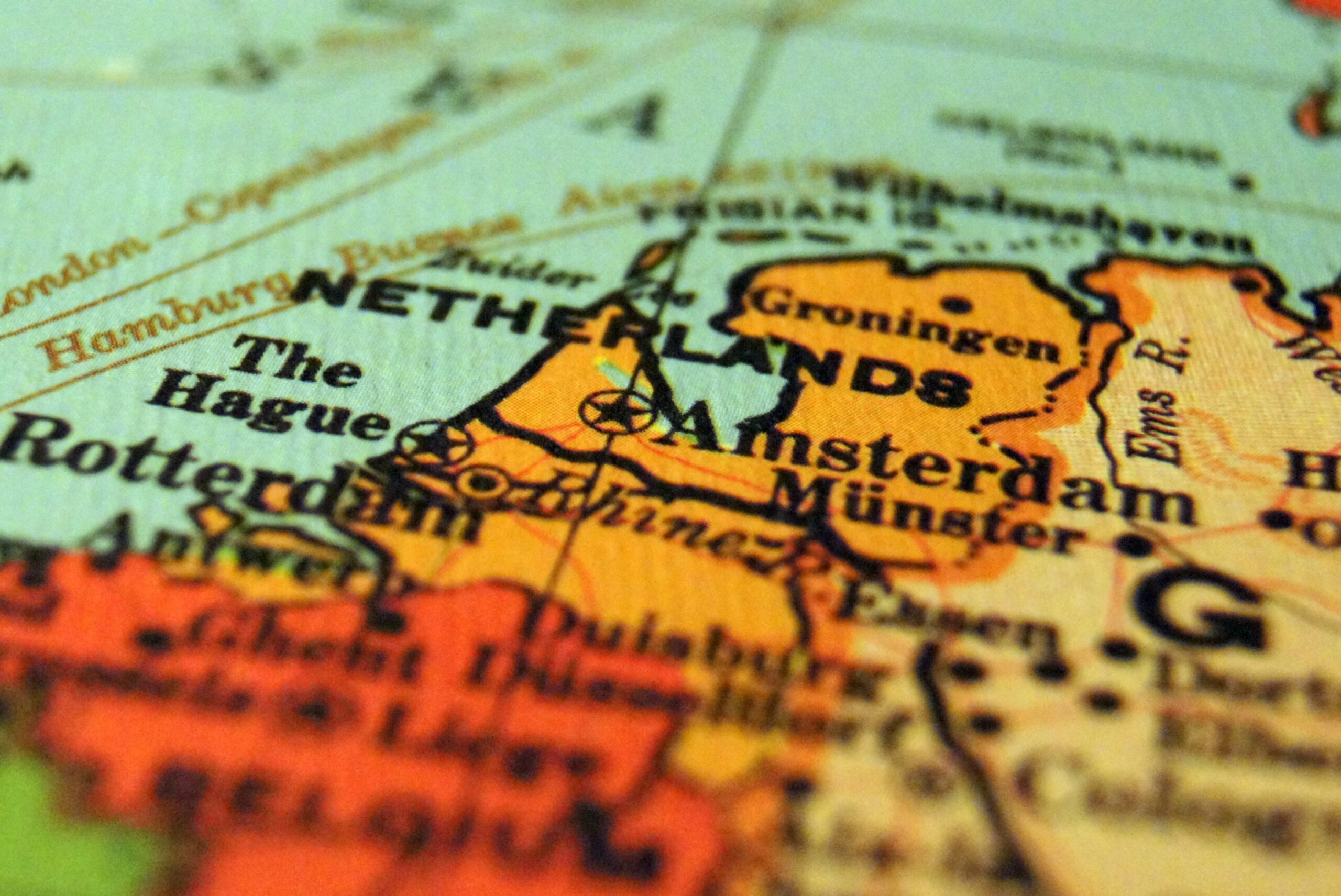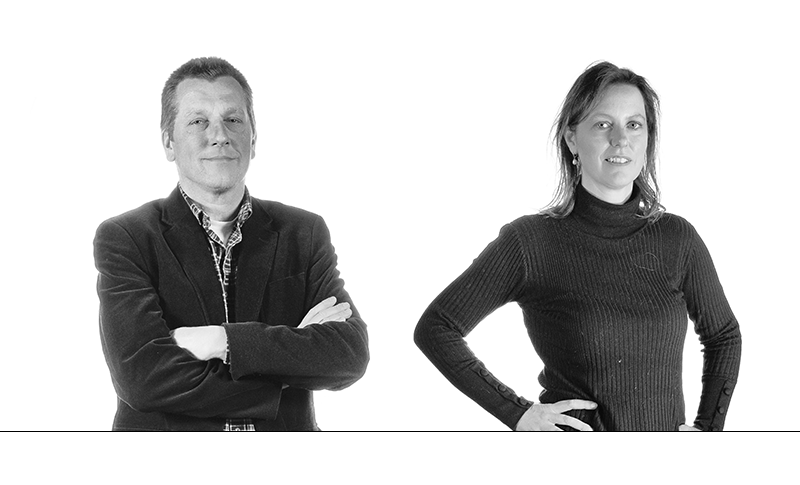©Guy Ackermans
Space is increasingly scarce in the Netherlands, says Bakker, who was appointed professor of Land Use Planning in Wageningen from 1 June. Space has been neatly allocated to food production, residential purposes, industry and infrastructure, but now we have the additional tasks of realizing ecosystem services such as water storage and carbon sequestration. How are we going to manage that? ‘I think that to some extent we can combine functions, and also that we can save some space by distributing the services more efficiently. At the moment, for instance, intensive livestock farming and nature development often get in each other’s way. I think we should reorganize the regions with a lot of intensive livestock farming.’
Bakker wants her group to contribute to developing circular agriculture, nature-inclusive agriculture and the energy transition. She sees a need for coherent new policy recommendations. ‘They are often lacking at present. Both the central and the provincial governments have been afraid to implement top-down land use plans. Meanwhile, municipalities are competing to attract economic development, and as a result there is no sustainable perspective. I think the provinces should establish land use planning guidelines and enforce them.’
Provinces should establish and enforce land use planning guidelines
One of Bakker’s proposals is to organize the trade in phosphate rights zonally. ‘That way you can cluster Dutch intensive livestock farming, as well as create space for areas of extensive agriculture and nature. I would like to explore the options for restructuring the province of North Brabant.’
Bakker is thinking in terms of setting up animal-friendly high-tech agroparks where pigs and poultry, insect farms, fish farms and horticulturalists make use of each other’s waste streams. ‘I think there is scope in the Netherlands for sustainable intensive food production with a viable future.’ This would also leave space for a landscape with extensive livestock farms and organic arable farms which produce clean water and nature as well as food, Bakker thinks. ‘We could explore this, based on facts and figures and tied to support from farmers and their business models.’



